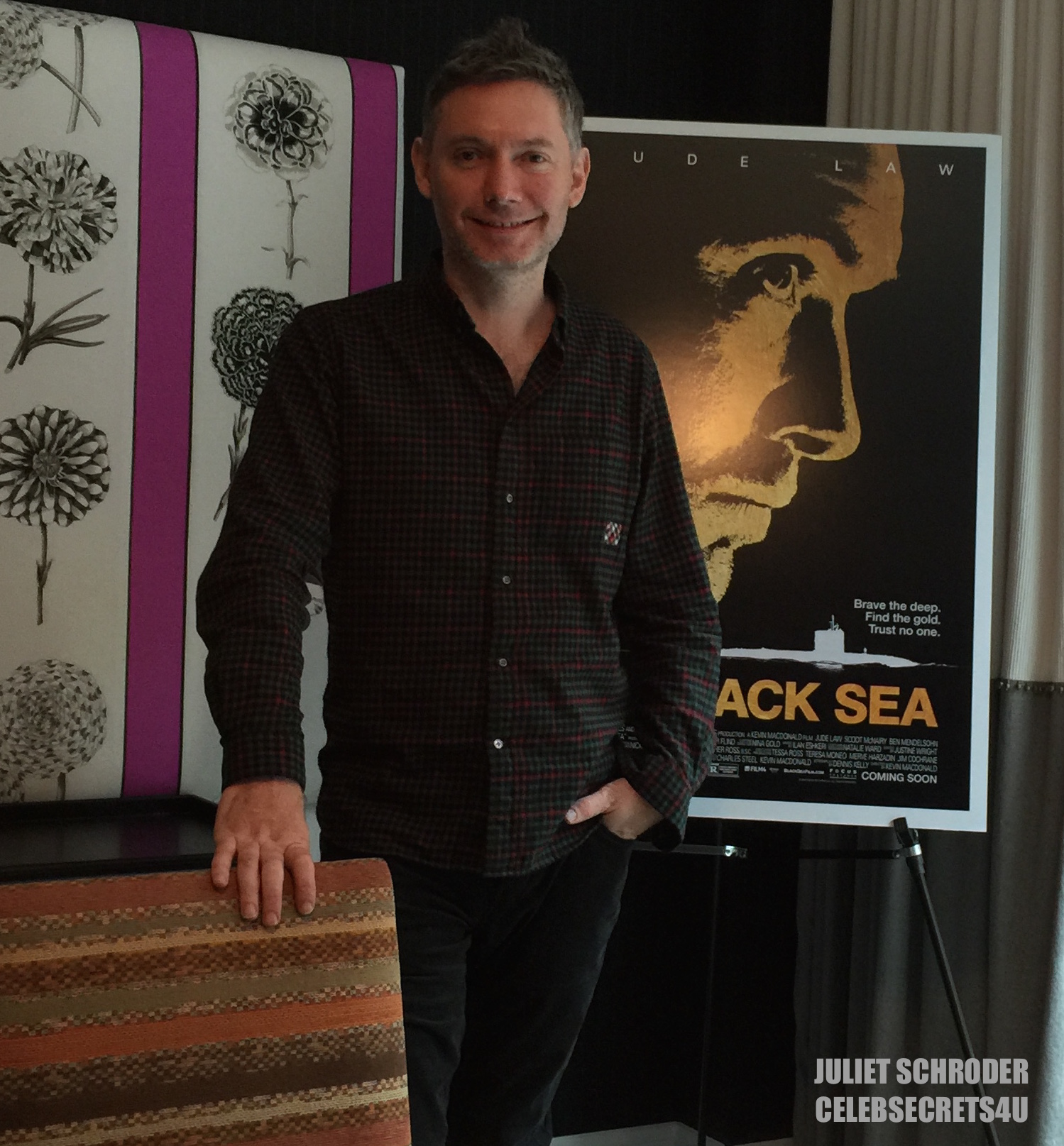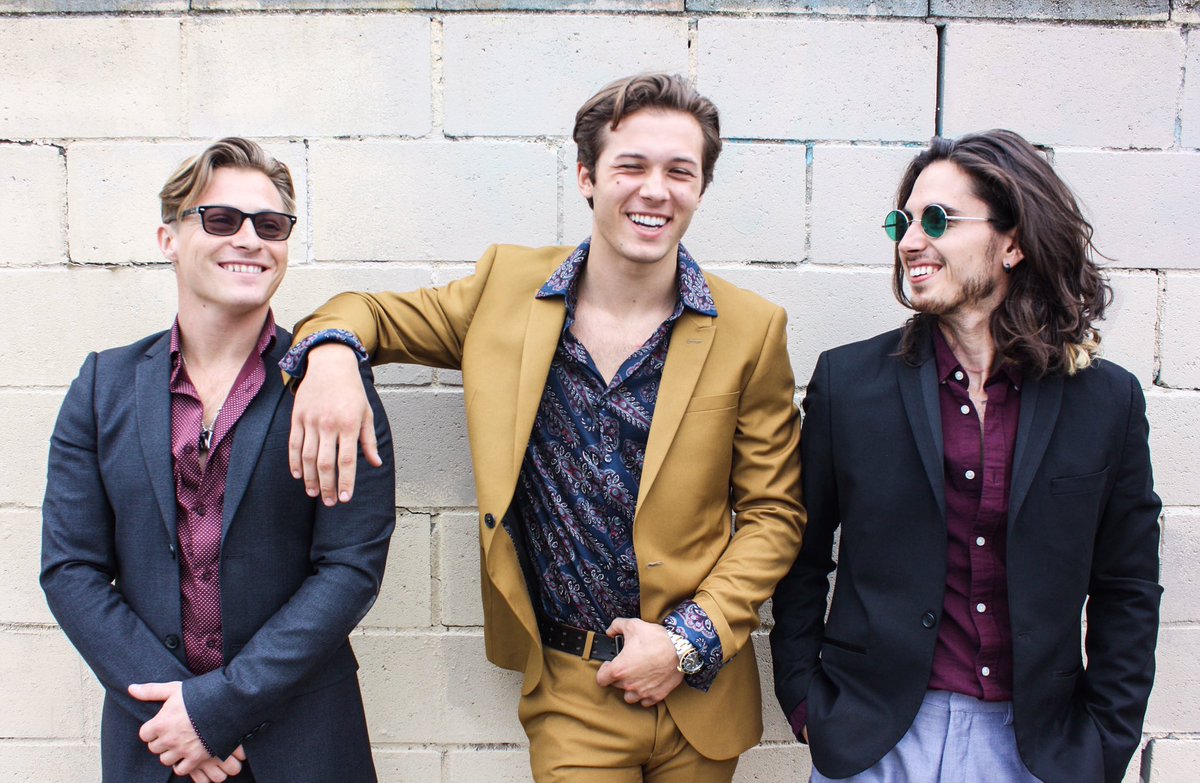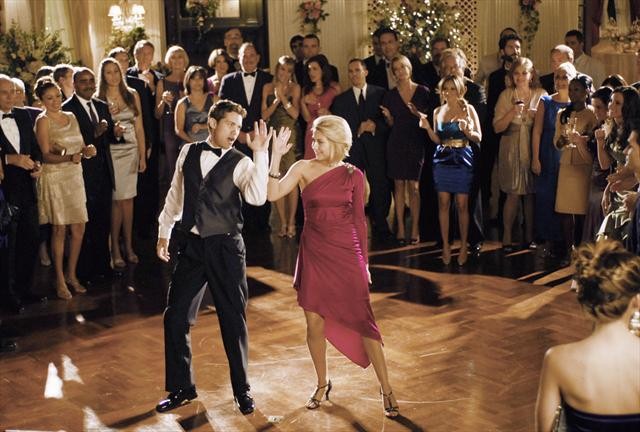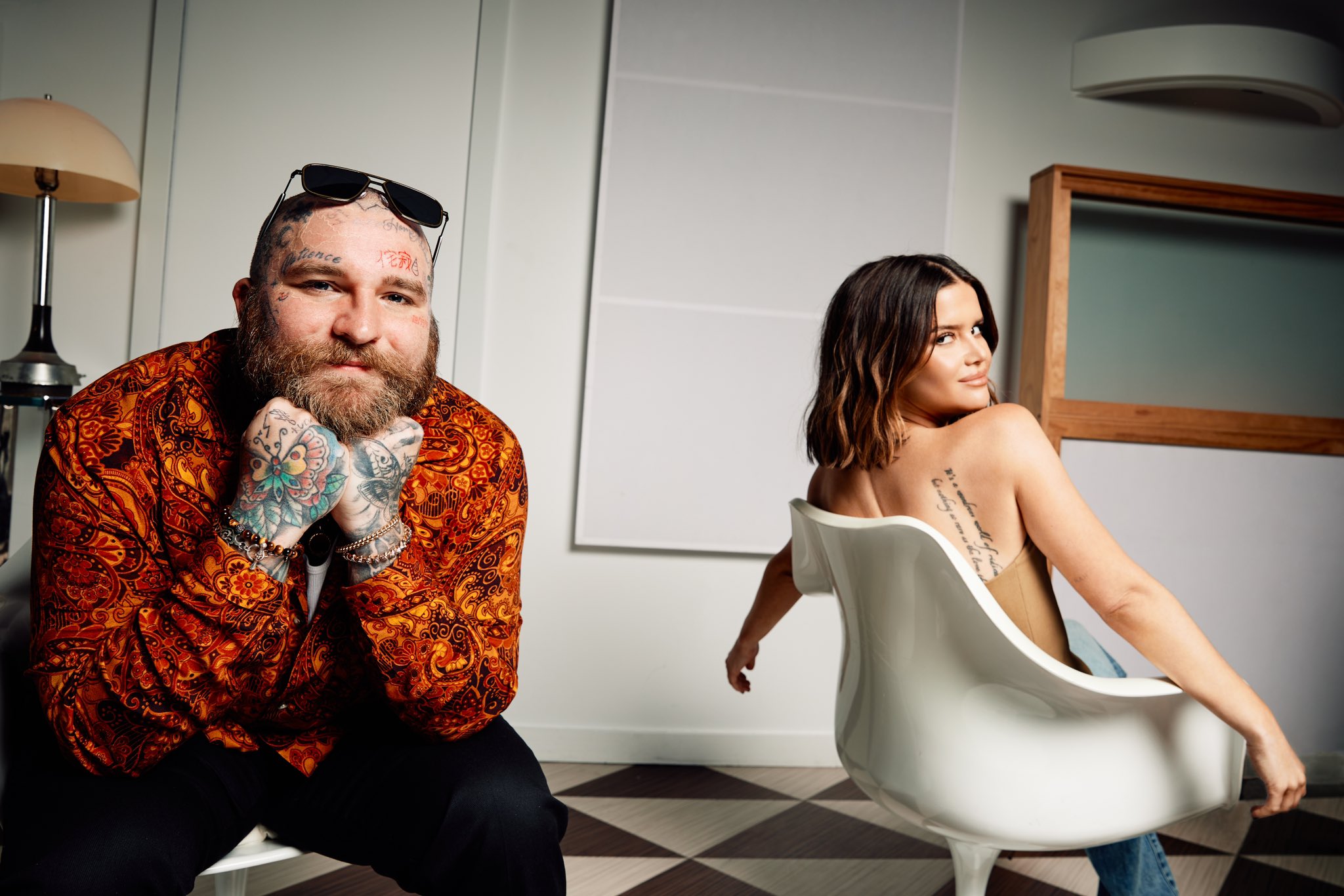
Outside a submarine thousands of leagues under the sea lies a dark, cold death. Inside the sub lies a crew on a mission that could salvage their lives… Mining full-speed ahead tension from a fathoms-deep treasure hunt, Black Sea is the suspenseful adventure thriller that needs to be number one on your list of “Must-See Thrillers of 2015.”
Black Sea centers on a rogue submarine captain (Jude Law) who, after being laid off from a salvage company, assembles a misfit crew of unemployed sailors for a risky mission: Find a sunken Nazi U-boat, rumored to contain a fortune in gold. Promising each man an equal share, Robinson leads the mixed British and Russian crew to comb the depths of the Black Sea. Before long, greed takes hold of a crew already divided along language and cultural lines — and the fewer men that make it back alive, the more gold to go around.
CS4U caught up with Academy Award winner and director Kevin MacDonald at The Crosby Street Hotel in New York City to talk about Black Sea. In the interview, Kevin opens up about how he went about directing Black Sea, the most challenging thing he faced while shooting the film, what it was like filming on an actual submarine, his favorite memory with the cast, and why moviegoers should check out the film when it hits theaters.
Black Sea opens in theaters on January 23, 2015.
[youtube=https://www.youtube.com/watch?v=OwGclAAIpx4]
Black Sea – Trailer
How did you actually tackle this project?
Kevin Macdonald: “Well, I think the original idea for me was inspired by the Kursk disaster, which was this famous…the Russian navy in 2000, I think it was, a submarine went down in the Bering Sea. A lot of people died in the explosion, but some people survived and were trapped at the bottom of the ocean while the oxygen slowly ran out, and I thought that was just terrifying, but sort of fascinating for a concept for a movie—people trapped at the bottom of the ocean, for whatever reason they can’t communicate with people who want to help them to get out. That feeling, I suppose, of the power of nature and the power of being somewhere you shouldn’t be—and it’s similar, I suppose in a way, to a kind of space film. That’s what I’ve been thinking, it’s a bit like Gravity, you know. That character there was in space where she shouldn’t be, where she can’t really survive, but by using her ingenuity she manages to survive. And I guess this is similar to that; again, it’s the awesome power of nature that you’re confronted with, which I guess is similar to Touching the Void, actually.”
What has been the most challenging thing about shooting the movie in such narrow and tight sets?
Kevin: “Well, it’s funny because there’s pros and cons to filming on such a tight set. The pro is that you don’t have to worry about sunset, or night shoots, or any of those things, but you also have this built in suspense and tension from being in that place, and you can show almost anything and it’s kind of tense because you’re in the submarine. But the con really is how limiting it is in terms of the kind of shots you can do, and you don’t have landscapes to go to, you don’t get anything for free, you know—the wind, the sun, the sort of lovely things going on—you don’t get any of that, you have to create everything, and you’ve got to find a way to not make it visually repetitive, and that’s hard, particularly because we made the decision not to ever film outside the set, so we always kept the walls on the set. We actually started off filming on a real submarine—the first two weeks we were in a real submarine, and obviously you can’t move the walls of a real Russian submarine from the 60’s—so when we got onto the stage I thought, well, now that we’ve established that we’re always inside the set, we’re going to stay like that. So, again, that was giving ourselves restrictions, and that was frustrating at the time, but in the end I think that helps build a hope, it helps build the suspense.”
Now you had mentioned that the first couple of weeks you filmed on an actual submarine. How did you get that submarine and how did you decide you were going to film on a real submarine?
Kevin: “Well, when we were initially writing the script, Dennis, the writer, looked on the internet and said there’s a Russian sub in Rochester, which is about an hour and a half outside of London, moored in the river. And we thought we better go have a look at it, and we got in touch with the owner—it was a guy who bought it in 1992, and he bought it for a hundred thousand dollars—and we looked around it, and I thought it was so spectacular, such an amazing set, such an incredible period design that should be in a museum, really. I thought, we have to shoot on here, because it would cost tens of millions of dollars to build a set as big as this and as amazing as this, so we decided after much arguing, should we shoot the whole thing on there, no, that was going to be too difficult, so we decided, okay, two weeks. And we built a floating pontoon around the sub and we put offices on there and toilets and things, and then we’d go out on the boat every day. Luckily, it was gorgeous weather, two weeks in the summer, there were no storms or anything. Yeah, we shot on the real sub and it was amazing. It was the first thing we did, so the actors really got to feel this is what it’s like to be in a sub, because they were every day, down in the dank deck smelling of diesel, and, you know, they could understand what it’s really like.”
This film has some really notable actors. Do you have a favorite memory from working with the cast?
Kevin: “That’s a really difficult one. My favorite memory…I think my favorite memory was probably actually, the Russians one day had a party, and that was fantastic. These guys came here from Russia, they’re all kind of the best known actors in Russia, they’re all kind of big stars, so they came over to appear in kind of relatively small parts in this movie, but they did it with incredible good grace and they were very sweet. They work in a slightly different way, I mean there’s a lot of talking. I had a translator glued to me for two months—it was exhausting—but they one day held a vodka party after work one night and they gave us all Soviet Submariners watches, as they called it, and we all had to drink a lot of vodka, and sing, and learn Russian songs. That was probably the nicest memory. It was not on set, but it was entertaining.”
So when people go to see this film next year, what do you want them to take away from it?
Kevin: “I hope that they have a good time. I hope it’s a movie that doesn’t insult your intelligence, but is a thriller that has you on the edge of your seat, you know, you’re anxiously sitting there digging your nails into your palms, and have a good time at the movies, I hope. But there’s also things that if you want to think about after, you can think about, about why they’re there, and social inequality, and other issues that are present in it. And I also hope that the average viewer will go and see Jude Law as they’ve never seen him before, because I do think Jude gives one of the best performances of his career. I think he’s outstanding and very different, and I think he immersed himself completely in the role, and I hope people recognize that.”










